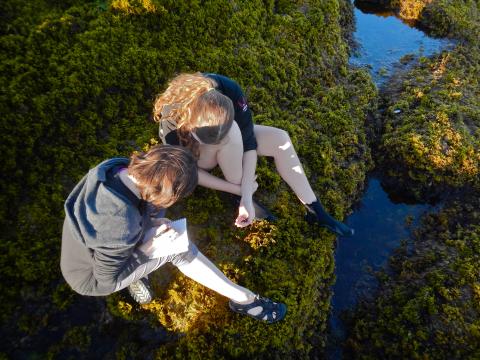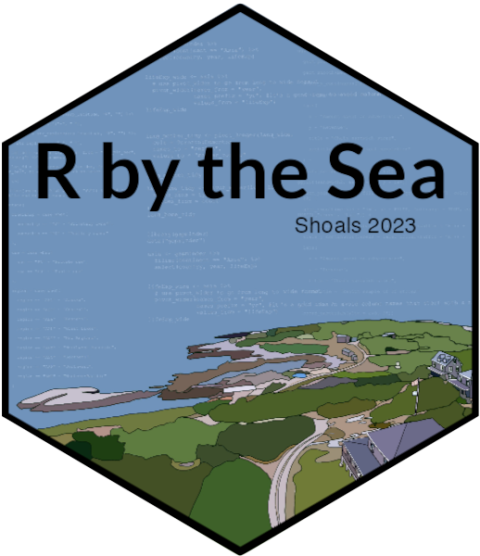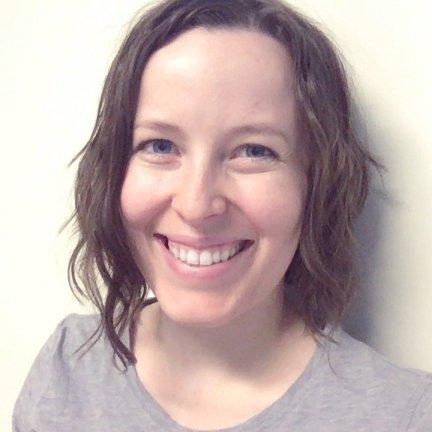Course Dates
June 2, 2025 to June 16, 2025
Prerequisites
None
Equivalent Note
NOTE: R by the Sea is a hybrid course. Meet virtually during the first week (June 2 - June 7) and then transition to Appledore Island for the second week of the course (June 9 - 16).
UNH STUDENTS: This course is comparable to BIOL 633 taught on campus and fulfills the following requirements:
- Biology major: Electives requirement
ALL STUDENTS: See the Financial Support & Scholarships page for details on how to apply for financial aid to support your enrollment in this course.
Course Description

Expand your statistical knowledge and resume by learning R. Use project-based learning to explore marine mammal populations, intertidal systems, and fisheries while learning statistical skills and R. In this course students will learn to become proficient in R (data manipulation, graphing, hypothesis testing, importing and cleaning data) and learn to effectively communicate statistical results.
Learning Outcomes
- Understand and implement best practices for data management
- Use R statistical software for basic data cleaning and statistics
- Use R markdown to build reproducible workflows and documents
- Load, clean, and plot simple spatial data in R
STATUS
Course Numbers
Cornell: BIOSM 2350 (3 Credits)
UNH: MEFB 633 (4 Credits)

Faculty
Dr. Easton White

Dr. Easton White is a quantitative marine ecologist who uses mathematical and statistical tools, coupled with experiments and field observations, to answer questions in ecology, conservation science, sustainability, and ecosystem management. Most of his work is focused on marine systems, especially fisheries and spatial planning. Easton currently conducts research on assessing the effectiveness of protected area networks, improving species monitoring programs, and modeling socio-ecological systems in the context of fisheries. His work centers on how environmental variability, in particular rare events (e.g., hurricanes, COVID-19 pandemic), affects ecosystems and those that depend on them.
Emily Malcolm-White

Emily Malcolm-White is an educator and student support specialist with a love for developing and teaching mathematics, statistics, and data science courses. She is currently a faculty member at Middlebury College.
